
China's nuclear power potential
By Alexander Luedi In devising policies, and pursuing its nuclear energy industry, China will strive for all of: 1) National independence for nuclear power technology; 2) Control and independent management of the fuel cycle; 3) Fuel diversity in the electrical power generation industry; 4) Significant source for electric power; 5) Reduction in emissions of air pollutants and CO2; and, 5) Commercialization of an indigenous reactor design, including high temperature gas cooled reactors – pebble bed module (HTR-PM) reactor technology.
The current efforts to arrive at up to 40 GWe of nuclear generation capacity by 2020 will only have a limited impact on the current shape of China’s electricity industry.
Although it involves a remarkable building program, the additional reactors will hardly have an impact on fuel diversity, will not really provide a decisive generation capacity addition, nor will they make a significant contribution to the reduction of greenhouse gas emissions.
Nuclear power in China, for some time to come, will continue to cover a relatively small proportion of the energy needs of the country, and it will be based mostly on foreign technology. Whether the share of nuclear power is 4 % as currently planned to be by 2020, or 6 %, does not really matter in the context of looking at the real prospects of nuclear power in China.
China will continue to need large-scale base-load power generation plants. The promotion of alternative and renewable energy sources and gains in energy efficiency etc. will be outpaced by the general growth in energy consumption for decades to come. Nuclear power, whether based on foreign technology, or indigenous, will be the only alternative to the building of more coal-fired power plants.
The current reactor-building program will serve mainly to build an independent all-encompassing domestic nuclear industry. First, by licensing foreign technology, and by establishing a series of national operating companies for nuclear power plants, but eventually to develop and commercialize an indigenous reactor through “...re-innovation on the basis of assimilating advanced technologies of foreign countries...”, in analogy to high-speed rail. Recent events around the rail industry will hardly put a damper on this approach.
Absent major technological breakthroughs in renewable energy, hydrogen technology, or similar, during the next 20 years, and once indigenous reactor designs have been fully developed, China must be expected to embark on a massive expansion of its nuclear power arsenal during the second quarter of the 21st Century. Projections for 400 – 500 GWe of nuclear generation capacity by 2050 should not be discounted.
Nuclear power in China will hardly be the subject of a wider public debate, and potential opposition. A major adverse event, including a major calamity while operating a reactor, natural disasters, social unrest, and an unlikely economic collapse of China would only slow down, but not put a halt to the current program.
The two all-overriding factors determining the extent and pace of further reactor construction in China will be: 1) the operational track record of the nuclear power plants; and 2) the speed at which the environment degenerates. China may have to massively accelerate the construction program for nuclear power plants if the current rate of environmental degradation, notably air, continues. External pressure to reduce CO2 emissions will neither be needed, nor would they have a decisive impact. At the current rate of increasing air pollution, China has to act fast and decisive for it’s own sake.
The Fukushima crisis, at best, will shift more focus on nuclear operational safety, eventually at a cost of accepting lower efficiencies. Pebble bed reactor technology might be the real beneficiary of the Fukushima experiences.
A successful development and commercialization of a pebble bed reactor, may accelerate the shift of China from a coal based to a nuclear-based economy, eventually it will give an additional impetus to a move to a hydrogen-economy, but the latter will not be the decisive factor.
China’s need for nuclear power could also be amplified and accelerated in the event that Western countries, as a result of increasing scarcity of fossil fuels, would pursue nationalist and unilateral policies to secure access to the last oil resources. Only if China succeeds on time in attaining technological and fuel (cycle) independency, China would be unencumbered by such external factors.
Investors, both international and domestic viewing for opportunities in what is poised to become a very big industry will be disappointed. China will not enact policies and regulations facilitating a wider direct involvement of private and particularly international capital in the nuclear power sector.
International investors may find opportunities with foreign providers of current technology, equipment and construction expertise. However, given the goal for China to become self sufficient, these opportunities will be relatively short lived.
Domestic investors may be able to partake in the nuclear power industry once the industry, the regulatory environment, and the domestic capital markets have matured. It is rather unlikely that all three conditions will be met within the foreseeable future.
China is highly likely to become the world leader in the building and operation of nuclear power plants, as a result of a government driven and subsidized effort.
Alexander Luedi is and independent energy consultant. He is the Owner of Arlanco Energy, and General Manager of Explosion Power Hong Kong Limited.





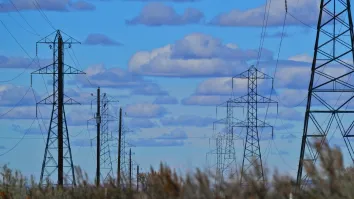

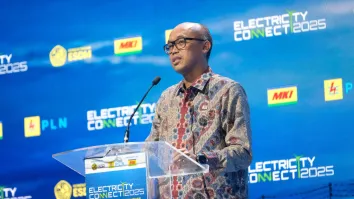
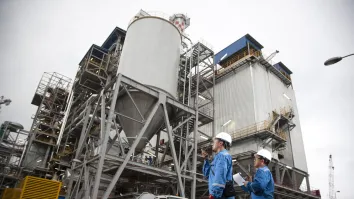





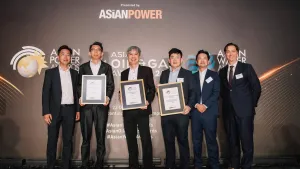



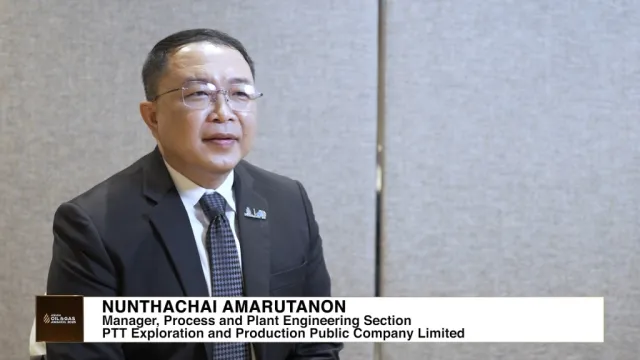

 Advertise
Advertise






